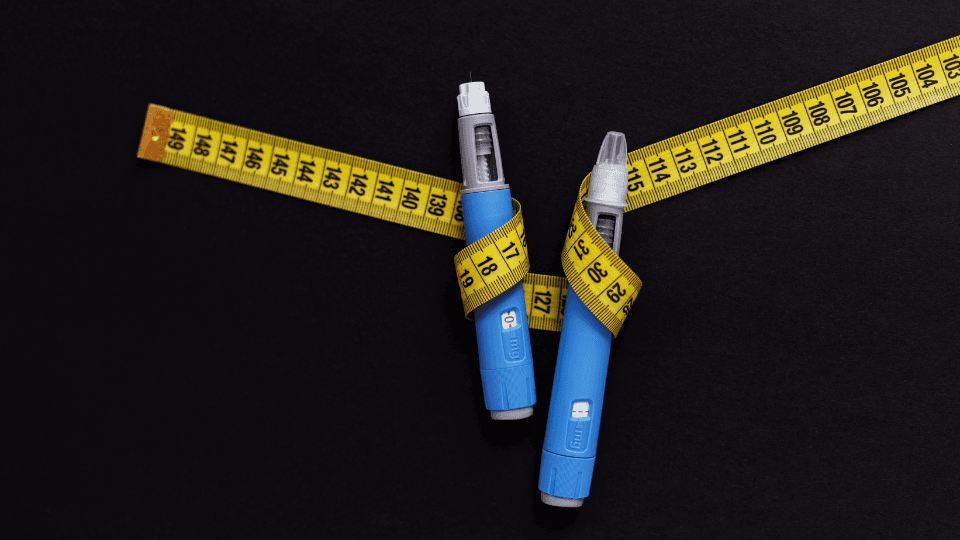Back
18 Jan 2022
Probiotics: What's the deal?

Dr Jarrad Van Zuydam | Sports Physician
Microbiome, gut health, commensal bacteria, fermented foods…
You may have noticed these terms cropping up more and more in recent years, largely due to the recognition of how important the millions of bacteria we all harbour are for our health.
But do you know your LABs from your bifidobacteria and your prebiotics from your probiotics?
Let’s dive in.
We are walking Petri dishes
You are only 10% human, kind of. The stupendous number and variety of microbes in and on our bodies outnumber our human cells about 10:1! Our skin, our mouths, our noses, our ears, and especially our intestinal tracts are simply teeming with bacteria and other microbes.
And those little passengers aren’t just passive, it has become increasingly clear that our microbiome (the full array of microorganisms that live on and in humans) influences all sorts of things such as our resistance to disease, our risk of obesity, the way we smell, and even our mood. Every person has a unique bacterial flora - no two people have the same collection of microbes. Microbes in a given site in the body perform similar functions like breaking down sugars and starches by bacteria in the mouth. Fascinatingly, many healthy people harbour potentially harmful, disease-causing bacteria without any problem.
Bacteria in a pill
Probiotics are live “friendly” microorganisms of varying strains that when administered in adequate amounts may confer some health benefits. Probiotics should not be confused with prebiotics which are a type of indigestible fibre that the human body cannot digest. They serve as food for probiotics.
The most common probiotic bacteria are Lactobacillus and Bifidobacteria but many other strains are commercially available. Studies have warned that the lack of regulation in the probiotic industry means that you may not be getting what is printed on the label so always choose a reputable brand. Probiotics can also be obtained from certain fermented foods like yoghurt, kefir, sauerkraut, tempeh, and kimchi.
Weight loss
In one study, 210 people with obesity and excess belly fat (the most dangerous type of fat), took the probiotic Lactobacillus gasseri daily. Participants lost an average of approximately 8.5 % of their belly fat over 12 weeks. Sounds great!
Not so fast…
There are still many unknowns such as the dosage and duration of treatment, the long-term adverse effects of treatment (if any) and the interaction of age, gender, health conditions, and lifestyle on the effect.
Digestive health
Probiotics do seem to be effective for various digestive problems.
Many people suffer from diarrhoea after taking a course of antibiotics due to the killing off of their own gut bacteria. Taking a probiotic can improve these symptoms significantly.
Irritable Bowel Syndrome is a condition affecting millions of people worldwide and the administration of probiotics can go a long way towards reducing gas, bloating, constipation, diarrhoea, and other symptoms. Early research is promising but more is needed to determine the specifics of using probiotics for this condition.
Depression and anxiety
In some early but promising research, the probiotic strains Lactobacillus helveticus and Bifidobacterium longum have been shown to reduce symptoms of anxiety and depression in people with clinical depression.
Immune function
Some research suggests that several probiotic strains may enhance immune function, possibly leading to a reduced risk of infections, including those that cause the common cold. Professional athletes often use probiotics for this reason.
Exercise
The study of athletes suggests that their microbiota has several key differences in comparison to other populations, likely driven, in part, by exercise and diet. Reported results include a higher abundance of health-promoting bacterial species, increased microbiome diversity, and greater relative increases in important metabolic pathways.
Chalk up another important health benefit of regular exercise.
In summary
Probiotic use has been linked with benefits such as weight loss, improved digestion, enhanced immune function, healthier skin and a reduced risk of some diseases but the scientific evidence is not overwhelming and a lot more research is required in this field. Scientists also can’t seem to agree on which strains are responsible for which effects, what dosages are required for any benefits to be expected, what the risk of complications or adverse effects is, and even if the probiotic industry is honest about what strains are in their products.
Probiotics may be worth a try but let your doctor guide you on the strains and dosages appropriate for your specific purpose.













